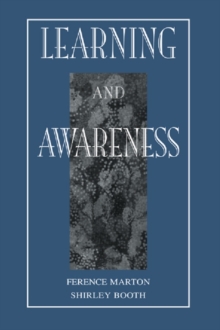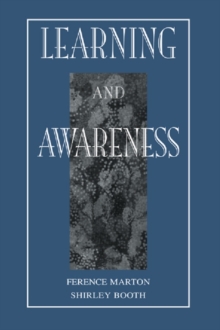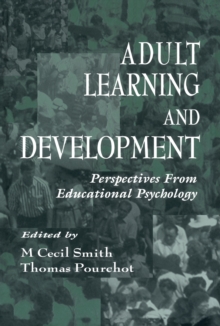
Extending Intelligence : Enhancement and New Constructs PDF
by Patrick C. Kyllonen, Richard D. Roberts, Lazar Stankov
Part of the Educational Psychology Series series
Description
This volume presents research from a variety of perspectives on the enhancement of human intelligence. It is organized around five themes - enhancement via instruction; enhancement via development (over the life cycle); enhancement over time; enhancement via new constructs; and new directions in enhancement.
Three key issues are addressed:
- First, although most of the scientific research on intelligence has concerned what it is, this volume attends to the consequential societal and economic issue concerns of whether it can be increased, and how.
- Second, intellectual enhancement is particularly important when targeted to minorities and the poor, groups that have typically performed relatively less well on intelligence and achievement measures. This volume reflects the education community's ongoing interest in understanding, and attempting to close, achievement or test score gaps.
- Third, most of the attention to examining intellectual enhancement, and in accounting for and closing the test-score gap, has focused on general cognitive ability. In line with the current emphasis on considering intelligence from a wider perspective, this volume includes constructs such as emotional and practical intelligence in definitions of intellectual functioning.
Extending Intelligence: Enhancement and New Constructs is an essential volume for researchers, students, and professionals in the fields of educational psychology, intelligence, educational measurement and assessment, and critical thinking.
Information
-
Download - Immediately Available
- Format:PDF
- Pages:488 pages
- Publisher:Taylor & Francis
- Publication Date:10/07/2007
- Category:
- ISBN:9781317433835
Other Formats
- EPUB from £16.19
Information
-
Download - Immediately Available
- Format:PDF
- Pages:488 pages
- Publisher:Taylor & Francis
- Publication Date:10/07/2007
- Category:
- ISBN:9781317433835










